Is the CFA exam worth it? Of course it is. Those late nights. Those gallons of coffee. Those thousands of practice questions. You can now add “, CFA” after your name on your business card.
Ok, but aside from satisfying one’s vanity, do all of the hours of studying (and re-studying for the exam, or exams, you failed) justify the time spent on the designation?
Obviously this requires a more nuanced answer. When asked, ‘Is the CFA exam worth it?’ my first response is: “That depends. What do you want to do with your career?”
So, let’s explore.
When is the CFA Exam Worth It?
The CFA exam is worth it in a number of different cases. For example, when your career aspirations lead you to very large wealth managers (e.g., Fidelity, Wellington, etc.), it is often required that you achieve the CFA designation – or be far along in your progress. The trend on the buy side is toward achieving the designation. An MBA is typically a bare bones requirement, but many employers also want to see the CFA designation.
In the investment banking world, the CFA designation is much less demanded. However, in the field of equity research it is a welcome asset and will often set you apart. While there is little data out there, from what I have seen in sell-side equity research, less than a third of the analysts have the designation. On the investment banking front, it is typically fewer still.
Typically the more well-respected the firm, the more competition for its job vacancies. Hence, if your career ambitions are to achieve the highest status, at the most respected firms then the CFA exam is a good place to start.
When is the CFA Exam Not Worth It?
As an entrepreneur, I have little need for the CFA designation. I agree that it signals a standardized level of competence to those that might recognize it. But, if I show up late, seem disorganized, or fail to sufficiently explain concepts to my students, whether or not I have the CFA designation will not determine my fate as a SIE exam tutor (let alone a CFA tutor). Quality of service is what matters most.
As a business owner, or in a position of top management, the designation tends to matter less than your performance. Therefore, before you begin many hundreds of hours of studying consider your career goals. Get some guidance from someone in a more senior position.
I highly encourage my students (especially those worried about the prospect of a failed CFA Level 1 exam) to avoid conflating investment skill with the successful attainment of the CFA Charterholder designation. You don’t have to look too far to realize that superior intellect does not equate with investment acuity. Take a look a the Long-Term Capital Management debacle of the late 1990s. It was supposed to be the dream team of investment managers, and included two nobel laureates. In the end, the fund’s misplaced bets almost brought down the financial system. I would be willing to bet that the CFA designation would not have changed their fate.
Should I, Or Shouldn’t I?
If you’re like most young professionals, you’re still trying trying to figure out the ultimate destination for your career. If that progression requires you to have the CFA designation, then obviously it’s a no-brainer. However, if you are still trying to figure out what specifically you want to do, but you know you want to be in finance, then I would suggest to start with the CFA Level 1. Whether you complete all three is up to you, but the further you get the more options you will have for your career.
In the end, is the CFA worth it? That depends on where you want to go.
